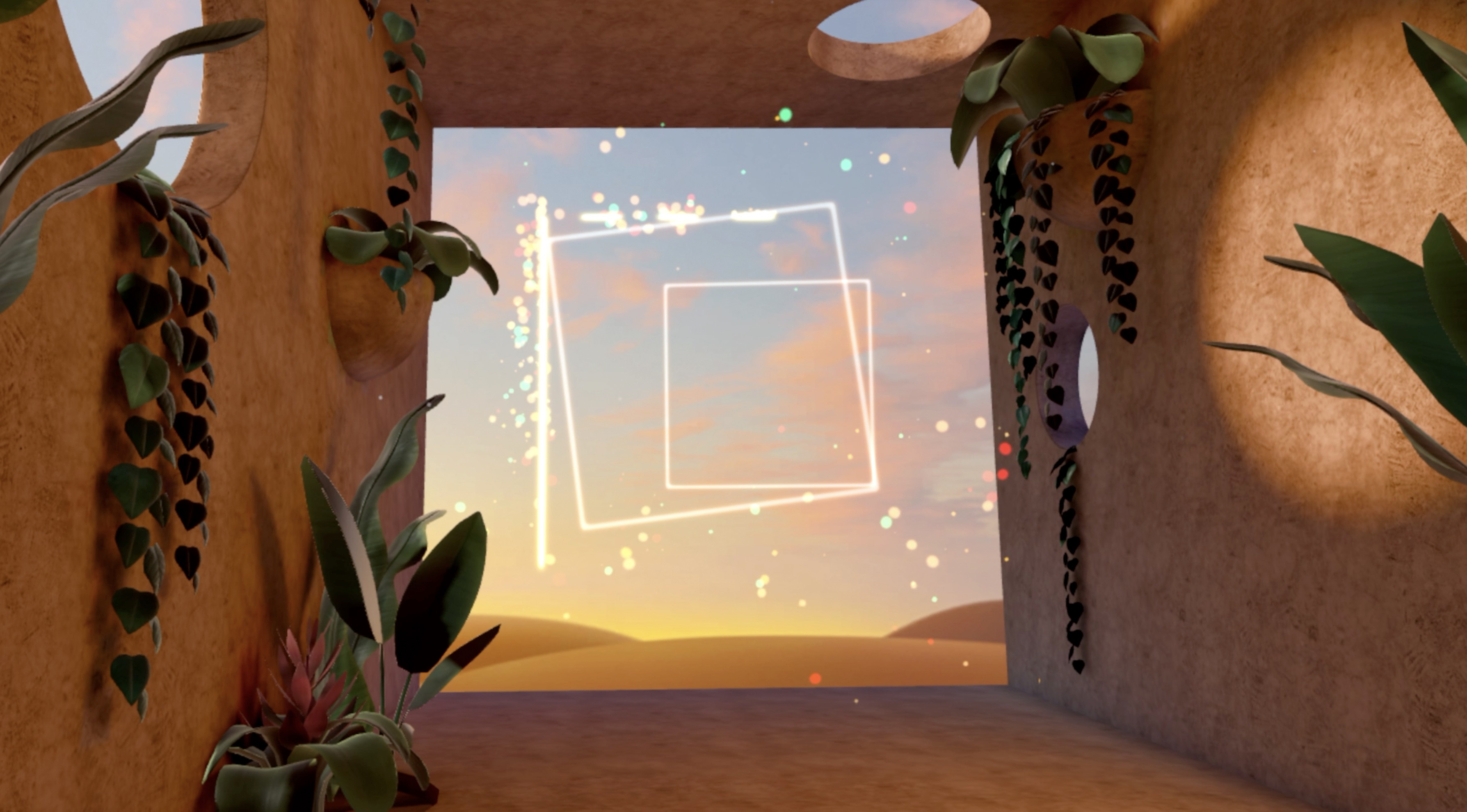The realm of extended reality presents a significant opportunity for the development of mindfulness and meditation applications. Such routines are notoriously difficult to start and maintain at the same time, so the complete immersion that headsets like the Meta Quest and the Apple Vision Pro produce has the potential to be an excellent tool for initiating them.
As a result, the collaboration between the leading meditation software, Headspace, and the company that makes Quest is obviously a good idea. The corporations made an announcement this morning regarding a collaboration with Nexus Studios, a multimedia design company that specializes in personalizing the experience for extended reality headsets.
The app’s mindfulness and meditation professors, Dora Kamau and Kessonga Giscombe, lead students through a series of activities that are included in the appropriately named Headspace XR. The methods, which may include breathing exercises, body scans, mood tracking, and other similar activities, are probably familiar to you if you have ever used Headspace, Calm, or any other similar application (or if you have simply participated in guided meditation of any particular kind). Each one of them is intended to assist in refocusing the attention of the user.

By incorporating community features, this meditation application introduces a distinctive aspect, accommodating users who could potentially derive advantages from external encouragement and assistance in sustaining a regular practice. Situated amidst dynamic, metaverse-inspired settings, these communal components furnish an immersive milieu where individuals can engage in activities such as meditation, interaction, and game participation.
This novel methodology regarding meditation applications is distinguished by its deviation from the traditional concept of solitary concentration. By creating a community atmosphere and adding game-like elements, the experience becomes more interesting and constantly changing, which could attract more people than just dedicated meditation practitioners.
Nevertheless, despite the intriguing and invigorating nature of the experience, its efficacy in fostering a consistent meditation routine remains ambiguous. Although the app’s captivating attributes may initially captivate users, maintaining their interest over an extended period of time and transforming it into a purposeful meditation regimen poses an entirely different obstacle.
The integration of gaming and mindfulness by Headspace signifies an expanding recognition of the correlation between recreational activities and psychological welfare. Sara Cohen, vice president of Headspace, notes that empirical evidence indicates that participation in frivolous pursuits can have a beneficial effect on one’s emotional well-being and overall life satisfaction. By incorporating elements of play into mindfulness practices, the application intends to provide users with a comprehensive approach to mental health.
Additionally, Headspace distinguishes itself from its industry rivals through its upfront fee of $30, as opposed to utilizing a subscription-based model. Users who prefer a one-time payment to recurring fees may be attracted to this pricing strategy, which could potentially increase the app’s popularity among Meta Quest users.
In summary, Headspace’s novel strategy for engaging users in meditation—comprising gaming components, community participation, and a single payment model—demonstrates a deliberate effort to distinguish itself amidst a saturated market. Although the efficacy of this methodology is yet to be determined, it signifies a courageous stride towards redefining the limits of mindfulness practices in the era of digital technology.


